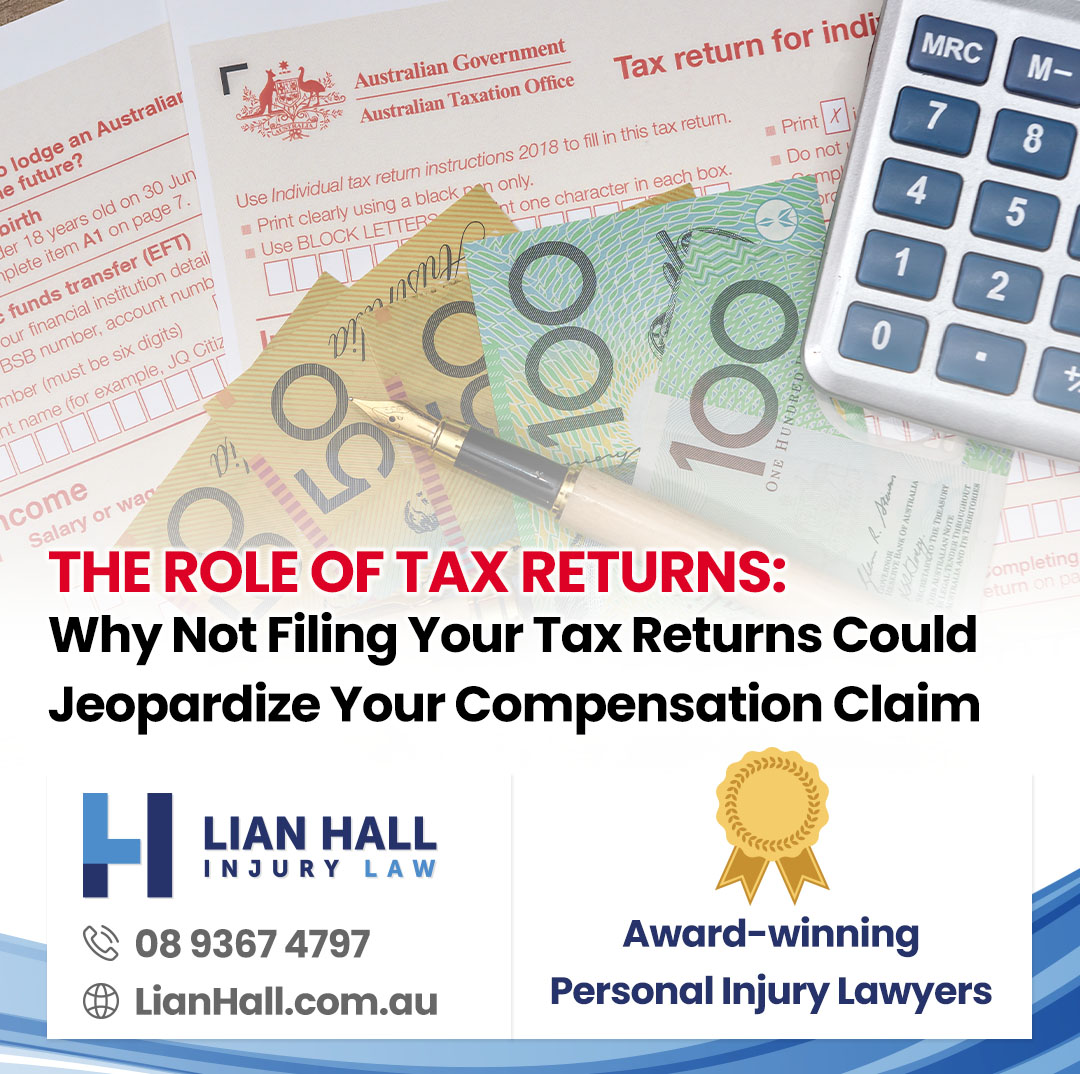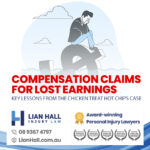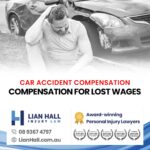If I haven’t submitted my tax returns, will this affect my claim for compensation?
The short answer is yes. If you are claiming compensation for lost earnings it is your job to prove to the Insurance Company or the Judge that:
- The accident affected your capacity to do your job; and
- How your injuries have affected your actual earnings.
Proving how your injuries have affected your capacity to do your job is pretty straight forward: you rely on the medical evidence. Your personal injury lawyer will usually get evidence from your GP or from a medical specialist to demonstrate how your injuries affected your ability to do your job, and you may have medical certificates that show that you couldn’t work.
But proving the affect on your earnings relies on you proving what you were earning before the accident (when you were not injured) and what you were able to earn after the accident (when you were injured), the difference being your lost earnings.
But in arguing what you were able to earn before the accident the Court (and insurance companies) will be very interested in your tax returns. If you can’t provide tax returns because you haven’t done them, then that will affect your claim. It will be very difficult to persuade an Insurance Company or a Judge as to what you were earning if you can’t give them your tax returns.
What if my tax returns are not accurate?
In a recent NSW Supreme Court case the owner of a café was injured in a car accident. He claimed nearly $260,000 in lost earnings. But during the trial he was cross-examined and it was discovered that when he had completed his tax returns that he had under-estimated his earnings by about $200,000 over about 4 years. The Judge was not happy. The Judge regarded this as a deliberate act of dishonesty and financial misbehaviour. The Judge pointed out that if the claimant wasn’t able to be honest in his tax returns, then the Court had to be very careful before accepting anything that he had to say in his evidence about his earnings and lost earning capacity.
Even worse for that claimant, the Judge pointed out that the Court “had an obligation” to report the problem to the ATO. The Judge made it part of his ruling that a copy of his judgment was to be sent to the Commissioner for Taxation so that the ATO could assess the claimant’s tax compliance.
The bottom line.
Your tax returns matter. If you haven’t done your tax returns then that will make it harder, although not impossible, for you to claim lost earnings.
If your tax returns are not accurate, then this may affect your credibility as a witness. If you are not honest on your tax returns then the Court will see this as an act of dishonesty.
And always remember, if the Court finds any problems with your tax matters, the Court may report you to the ATO for investigation.
Claiming lost earnings can be complicated. If you have been injured in an accident in Perth and you want to claim lost earnings, feel free to call Lian Hall Injury Law for a chat about your claim.










